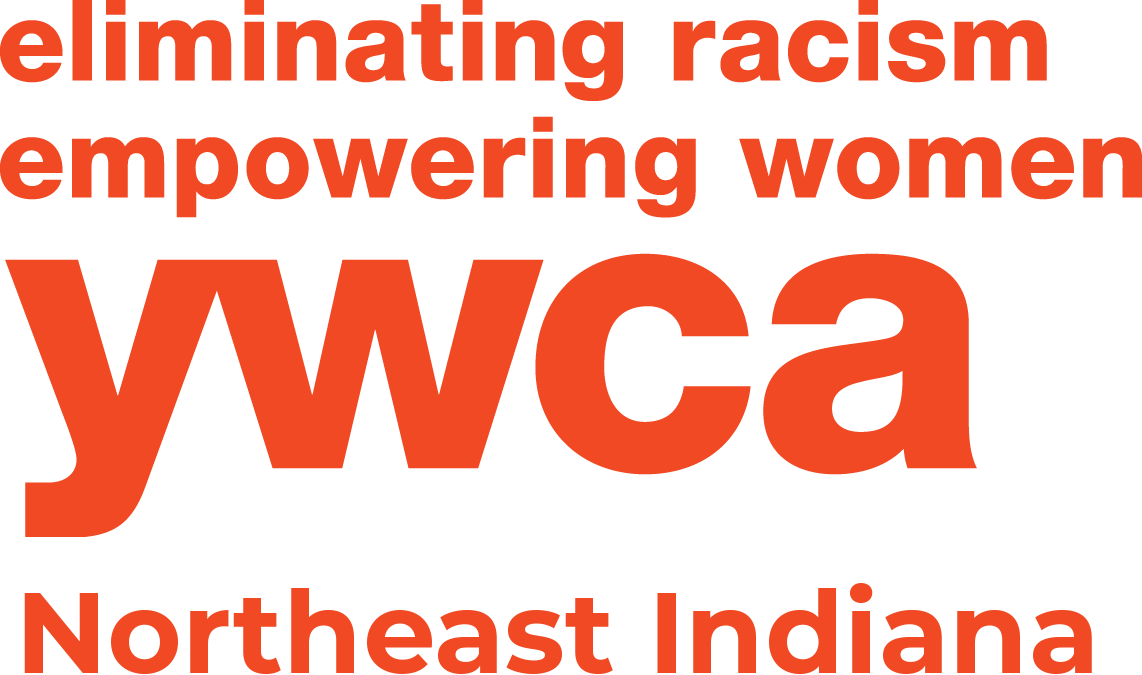By Hannah Shoue
Kimberlé Crenshaw, lawyer and civil rights activist
The Origins of Intersectionality
What is “intersectionality?” You may have heard the term derided as a buzzword or seen the phrases “intersectional approach” or “becoming more intersectional” floating around. “Intersectionality” is far more than a buzzword or ordinary phrase, however. Intersectionality is a ground-breaking concept in understanding the way identity informs our experiences, which is important to the practice of being anti-racist.
“Intersectionality” was coined in 1989 by Kimberlé Crenshaw, a civil rights activist and legal scholar. Crenshaw saw in her legal work and in her experiences as a Black woman that attempts to address sexism and attempts to address racism were failing to adequately describe the experiences of Black women and other women of color. In a 1991 journal article titled “Mapping the Margins: Intersectionality, Identity Politics, and Violence Against Women of Color,” Crenshaw explains that, “The narratives of gender are based on the experiences of white, middle-class women and the narratives of race are based on the experiences of Black men” (p. 1299).
Crenshaw likened the experience of being a Black woman to standing in the center of a busy intersection where discrimination is impacting Black women from multiple avenues. A Black woman is vulnerable to discrimination based on her race and her gender, making her experience different from both Black men and white women.
A broad definition of intersectionality might be that intersectionality describes interlocking systems of oppression and how they affect someone’s experience in the world. For example, a Black man with a disability is systemically disadvantaged based on his race and ability (but not gender), while a white queer woman is systemically disadvantaged based on her gender and sexuality, but not her race. Socioeconomic status, age, and religion or cultural practice can also play a role in someone’s intersectional experiences of systemic oppression. Intersectionality is for anyone, and can help someone understand and articulate how systemic oppression has had an impact on their life.
Intersectionality at Work: #SayHerName
Crenshaw explains why intersectionality is so important in her “Mapping the Margins” article: “The failure of feminism to interrogate race means that the resistance strategies of feminism will often replicate and reinforce the subordination of people of color, and the failure of antiracism to interrogate patriarchy means that antiracism will frequently reproduce the subordination of women.” (1252)
How do we interrogate both racism and sexism (or any other system of oppression) to ensure our social movements are inclusive and representative of different experiences? How do we make sure that by drawing attention to one social issue we are not simultaneously replicating other social issues?
An example is the #SayHerName campaign led by the African American Policy Forum. The campaign was launched in December 2014 with the goal of addressing a lack of intersectionality in movements against police brutality towards Black people. Media and activism tend to focus on the stories of Black men killed by police while ignoring stories of Black women killed by the police. AAPF states, “the #SayHerName campaign brings awareness to the often invisible names and stories of Black women and girls who have been victimized by racist police violence, and provides support to their families.”
In recent months, one woman’s name has generated nearly the same media presence as George Floyd’s: Breonna Taylor. Breonna Taylor, an emergency room technician, was killed by police who knocked on her apartment door without identifying themselves. Her boyfriend fired a shot, thinking intruders were breaking in, and then the police officers fired approximately 20 rounds into the apartment, killing Taylor as she stood in her apartment hallway. Taylor was not the main target of the investigation (Duvall).
Breonna Taylor is one of many young women killed by the police whose name has been lifted up and made public through #SayHerName. #SayHerName lives at the intersection of racism in the form of police violence and sexism in the form of media silence/lack of interest in female victims of police violence.
The #SayHerName campaign is just one example of how an understanding of intersectionality can inform our activism and practice of antiracism.
Take Action
Explore the #SayHerName campaign on AAPF’s website. Learn the campaign goals, what has been done so far, and watch the #SayHerName Mother’s Network video message to Breonna Taylor’s mom. About the #SayHerName Campaign
Listen to Kimberlé Crenshaw explain intersectionality in her own words: The urgency of intersectionality | Kimberlé Crenshaw
Reflect. How has your experience been shaped by the different identities you occupy? What intersections do you stand between? How have systems of oppression led to hardships or afforded you privilege (or both) in your life?
References
Crenshaw, Kimberle. “Mapping the Margins: Intersectionality, Identity Politics, and Violence against Women of Color.” Stanford Law Review 43, no. 6 (1991): 1241-299. DOI: 10.2307/1229039
Duvall, Tessa. “FACT CHECK: Debunking 8 widely shared rumors in the Breonna Taylor police shooting.” Louisiana Courier Journal, September 2, 2020. https://www.courier-journal.com/story/news/crime/2020/06/16/breonna-taylor-fact-check-7-rumors-wrong/5326938002/
Resources
Coleman, Aricia L. “What is Intersectionality? Let these Scholars Explain the Theory and Its History.” Time, March 29, 2019. https://time.com/5560575/intersectionality-theory/
Stamper, Kory. “A Brief, Convoluted History of the Word ‘Intersectionality.’ The Cut, March 9, 2018. https://www.thecut.com/2018/03/a-brief-convoluted-history-of-the-word-intersectionality.html
Perlman, Merrill. “The Origin of the Term ‘Intersectionality.” Columbia Journalism Review, Language Corner, October 23, 2018. https://www.cjr.org/language_corner/intersectionality.php#:~:text=%E2%80%9CIntersectionality%E2%80%9D%20was%20coined%20in%201989,overlapping%20discrimination%20unique%20to%20them.
Friedersdorf, Conor. “Intersectionality is Not the Problem.” The Atlantic, March 8, 2018. https://www.theatlantic.com/politics/archive/2018/03/intersectionality-is-not-the-enemy-of-free-speech/555014/
